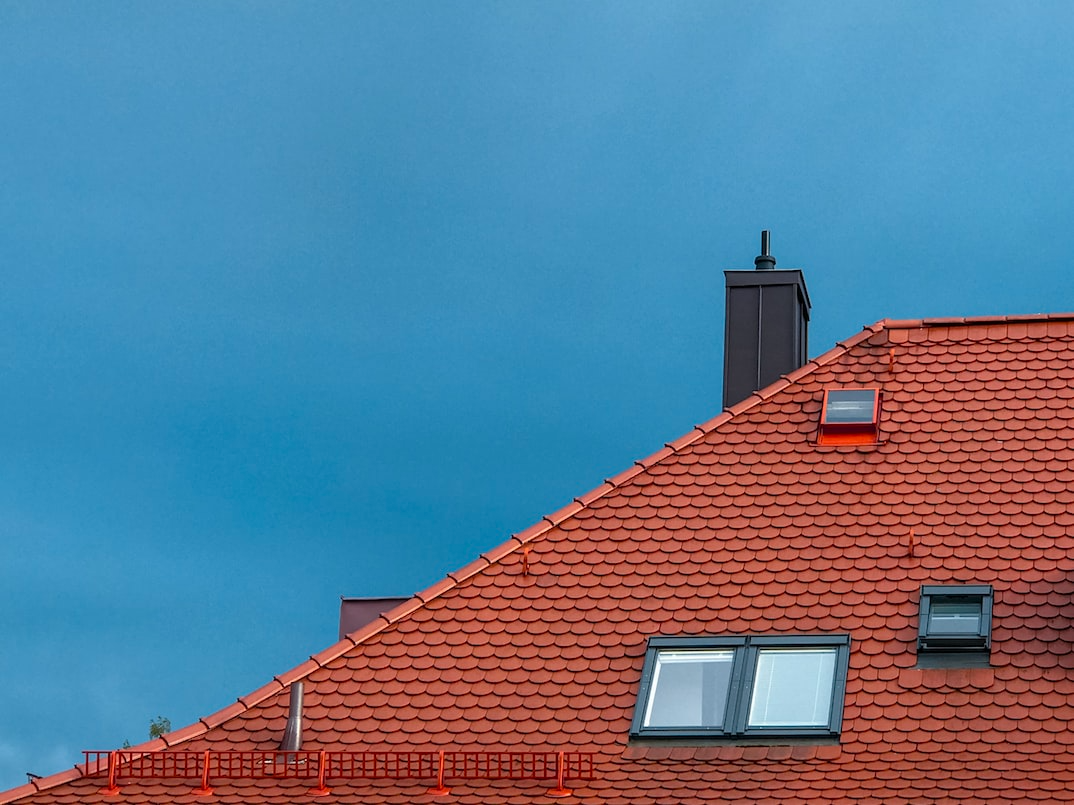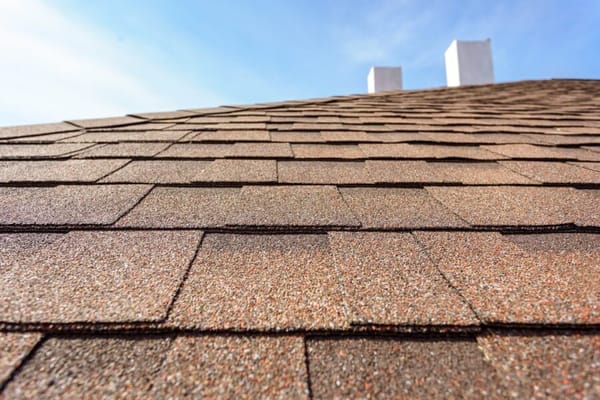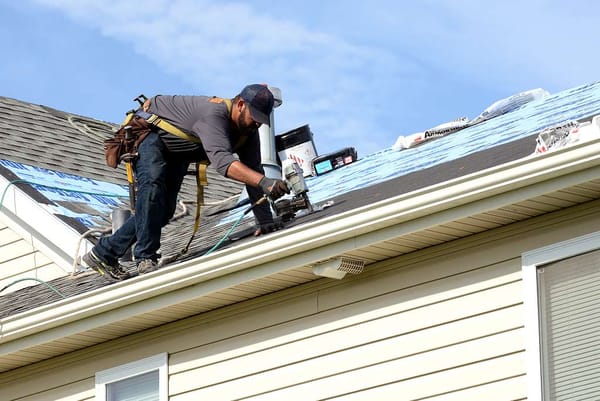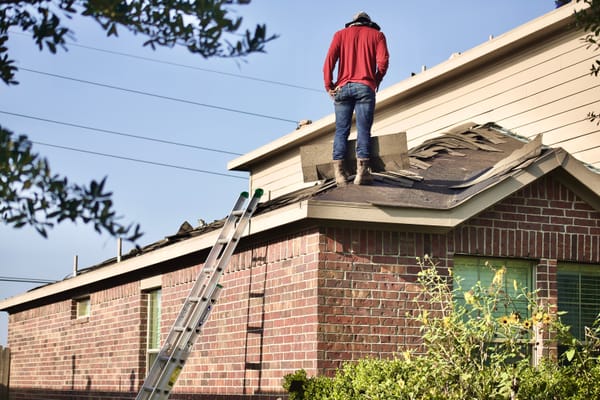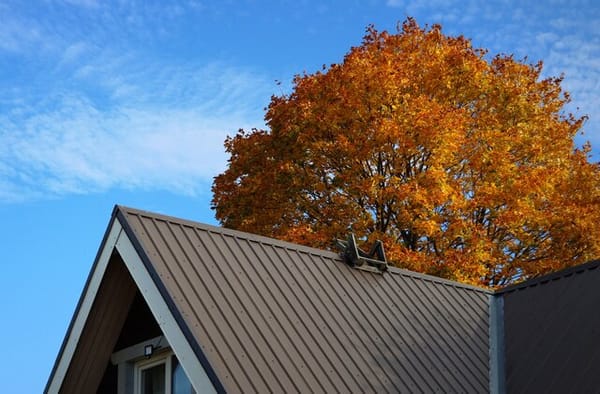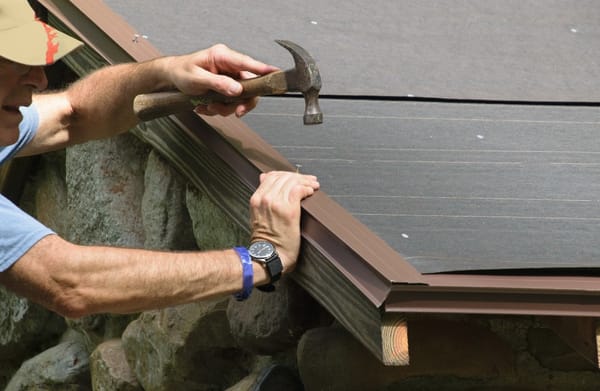As a homeowner, it is incredibly important to understand the technical aspects of repair and maintenance in order to accurately assess potential problems and learn how to take action before small issues become irreversible disasters.
One major area where this preventative care comes into play is roof leak repairs; without the proper knowledge or skill set, extensive damage from leaking can occur. To help you avoid this issue, we’ve put together 6 common points helpful for a successful roof leak repair.
What to do when you first spot a roof leak?
As a homeowner, discovering a roof leak can be a frustrating experience. However, it's important to remember that taking swift action is the key to preventing further damage. The first step is to pinpoint the source of the leak. This can be done by examining the attic or using a hose to test different areas of the roof. Once the leak has been located, it's crucial to take action immediately. Depending on the severity of the leak, this may involve patching it temporarily until a professional can make more permanent repairs.
How to inspect your roof for leaks?
Your roof is an essential part of your home. The next on the list of 6 roof leak repair tips is inspecting the roof leaks. Your roof protects you from harsh weather conditions and keeps you dry and warm. However, your roof is not indestructible, and over time, it can develop leaks. To avoid major damage to your home, it's crucial to inspect your roof for possible leaks. Look out for damaged shingles, signs of rust, and other visual cues. You don't want to wait until the water starts dripping into your living room before you notice that something is wrong.
Important safety precautions for roof repair
When it comes to repairing your roof, safety should be your number one priority. It may be tempting to take shortcuts, but taking the proper precautions can make all the difference. One of the most important things you can do is use ladders or scaffolding when necessary. This will prevent any accidents from occurring due to unstable footing. Additionally, wearing gloves and protective clothing can help prevent cuts, scrapes, and other injuries.
Different types of roof leak repair methods and materials
A leaky roof can be a homeowner's worst nightmare. But fear not, there are plenty of options available when it comes to fixing this common problem. From sealants to patches to tarps, there are a variety of repair methods to choose from. Different methods may be more or less effective depending on the type and severity of the leak. The key is to promptly address any leaks to prevent further damage to your home. Remember, a little bit of prevention can go a long way in avoiding costly repairs down the road.
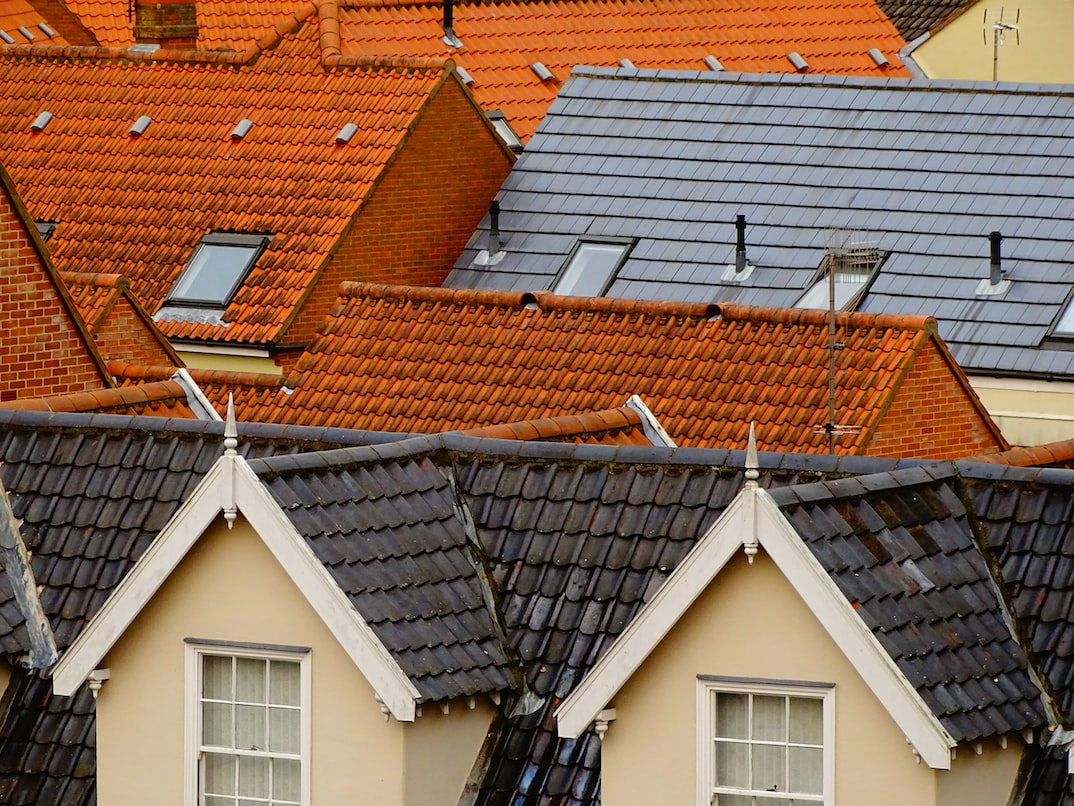
Reasons why a DIY repair is not always ideal
While the allure of a DIY repair can be tempting, it's important to consider the long-term costs associated with the task at hand. While it's true that you may save money in the short term by undertaking the repair yourself, there are several reasons why hiring a professional may actually be more cost-effective in the long run. For starters, a professional repair is more likely to be done correctly the first time, meaning you won't have to spend additional time and money fixing mistakes later on.
Tips on how to prevent future roof leaks
A leaky roof can cause major damage to your home, from water stains to rotting wood. Luckily, there are steps you can take to prevent future leaks. Regular maintenance is essential, such as keeping gutters clear of debris and trimming overhanging branches. Additionally, inspecting your roof for damage after severe weather or storms is crucial, as catching small problems early can prevent larger issues down the line.
Taking action to repair a roof leak as soon as possible is crucial for the preservation of your home. Even if you are tempted to put off the repair for even just a few days, this could cause further damage and potentially cost you hundreds or thousands of dollars in repairs down the line. If you find yourself in this situation, the best advice is to have it fully inspected and repaired professionally. It's also important to keep up with preventative measures like good maintenance, inspection, and regular minor repairs in order to keep from having any issues down the road.

